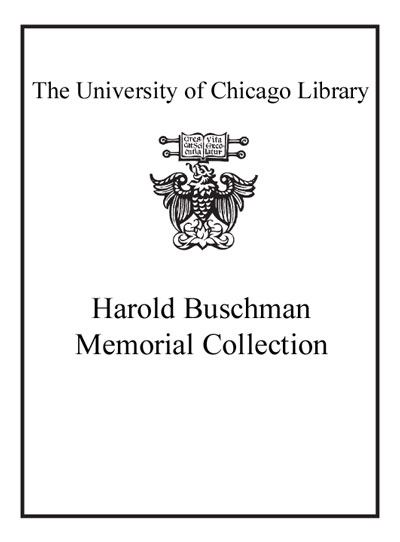Review by Choice Review
Teter (Wesleyan Univ.) realizes that "Jews were [only] one of multiple concerns of the Church" in Poland. Her work focuses on the Jews because Catholic attitudes and actions toward Jews illuminate the "larger cultural context in which post-Reformation Catholic attitudes towards Jews were shaped." Teter greatly overstates the view that the Counter-Reformation "triumphed" in Poland to easily refute it. While most accounts of post-Reformation Poland stress great elite figures such as Skarga, Teter practically ignores them. Instead, she presents a richly textured account of life at other levels. Each chapter ranges far, but the 18th century receives the most attention. Throughout, the Church faced serious, nearly insurmountable difficulties in relations with secular powers, nobles, townspeople, and rural lower orders, not to mention Protestants and foreigners. In nearly every case, Jews played an important role. Teter's prodigious research in many archives brings new materials to the literature and establishes, with great force and clarity, the nature of the Jews' situation and the seriousness of the difficulties with which the Church struggled. Teter makes a major contribution in illuminating the complexities of Poland's 18th century. ^BSumming Up: Essential. Upper-division undergraduates and above. J. T. Flynn emeritus, College of the Holy Cross
Copyright American Library Association, used with permission.
Review by Choice Review

